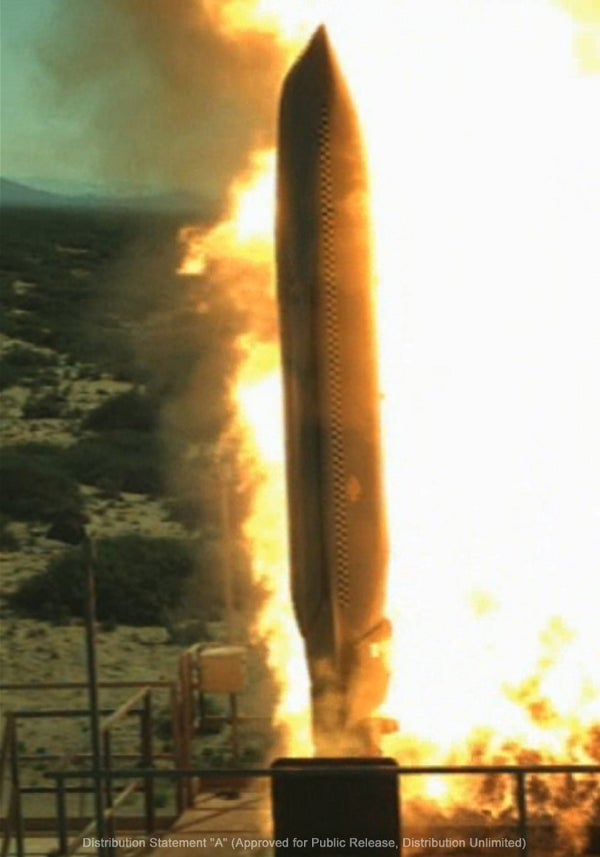
Lockheed Martin has successfully demonstrated the capability of boosted test vehicle (BTV) version of long-range anti-ship missile (LRASM) at White Sands Missile Range, New Mexico, US.
During the Lockheed-funded trial, the LRASM BTV, which comprises the vertical launch anti-submarine rocket (VL / ASROC) Mk-114 rocket motor, has been launched from a MK 41 vertical launch system (VLS) canister.
During the trial, the LRASM BTV broke through the canister cover without damaging the missile and followed a guided profile path.
The BTV trail was a part of Lockheed’s offensive anti-surface weapon effort aimed on LRASM’s surface launched variant shipboard integration.
Lockheed Martin missiles and fire control LRASM surface launch programme manager, Scott Callaway, said that the flight test reduces the LRASM and VLS integration risk.
"The test also validates the Mk-114 rocket motor’s capability to launch LRASM and the missile’s ability to cleanly exit the canister without damaging the missile coatings or composite structure," Callaway said.
The offensive anti-surface weapon project is independent of the US Defense Advanced Research Project Agency (DARPA) LRASM programme.
The trials demonstrated the robust design of the Mk-114 to be used for heavy payloads with minimal software changes to the digital autopilot controller, the company added.
Two versions of the LRASM including surface-launched and air-launched variants are being designed by Lockheed in co-operation with the DARPA and the US Office of Naval Research (ONR) to strike sea-based targets at significant standoff ranges.
Designed to meet the needs of US Navy and Air Force troops, the LRASM precision-guided anti-ship standoff missile is armed with penetrator and blast-fragmentation warhead and can cruise autonomously, day or night, in all weather conditions.
The missile features multi-modal sensor, weapon data link and an enhanced digital anti-jam global positioning system to detect and destroy enemy threats.
Image: MK 41 canister launches LRASM BTV. Photo: courtesy of Lockheed Martin.





